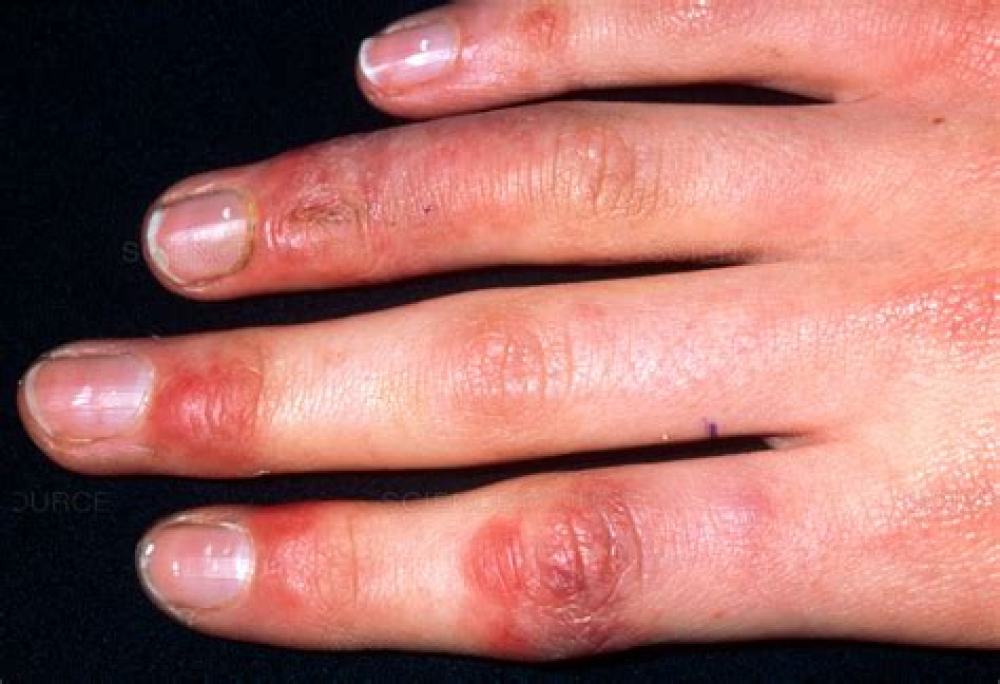Authors: Panagis Galiatsatos, M.D., M.H.S., Robert Brodsky, M.D.
COVID-19 is a very complex illness. The coronavirus that causes COVID-19 attacks the body in many different ways, ranging from mild to life threatening. Different organs and tissues of the body can be affected, including the blood.
Robert Brodsky, a blood specialist who directs the Division of Hematology, and Panagis Galiatsatos, a specialist in lung diseases and critical care medicine, talk about blood problems linked to SARS-CoV-2 — the coronavirus that causes COVID-19 — and what you should know.
Coronavirus Blood Clots
Blood clots can cause problems ranging from mild to life threatening. If a clot blocks blood flow in a vein or artery, the tissue normally nourished by that blood vessel can be deprived of oxygen, and cells in that area can die.
Some people infected with SARS-CoV-2 develop abnormal blood clotting. “In some people with COVID-19, we’re seeing a massive inflammatory response, the cytokine storm that raises clotting factors in the blood,” says Galiatsatos, who treats patients with COVID-19.
“We are seeing more blood clots in the lungs (pulmonary embolism), legs (deep vein thrombosis) and elsewhere,” he says.
Brodsky notes that other serious illnesses, especially ones that cause inflammation, are associated with blood clots. Research is still exploring if the blood clots seen in severe cases of COVID-19 are unique in some way.
The Impact of Coronavirus Blood Clots Throughout the Body
In addition to the lungs, blood clots, including those associated with COVID-19, can also harm:
The nervous system. Blood clots in the arteries leading to the brain can cause a stroke. Some previously young, healthy people who have developed COVID-19 have suffered strokes, possibly due to abnormal blood clotting.
The kidneys. Clogging of blood vessels in the kidney with blood clots can lead to kidney failure. It can also complicate dialysis if the clots clog the filter of the machine designed to remove impurities in the blood.
Peripheral blood vessels and “COVID toe.” Small blood clots can become lodged in tiny blood vessels. When this happens close to the skin, it can result in a rash. Some people who test positive for COVID-19 develop tiny blood clots that cause reddish or purple areas on the toes, which can itch or be painful. Sometimes called COVID toe, the rash resembles frostbite.
For More Information: https://www.hopkinsmedicine.org/health/conditions-and-diseases/coronavirus/what-does-covid-do-to-your-blood
